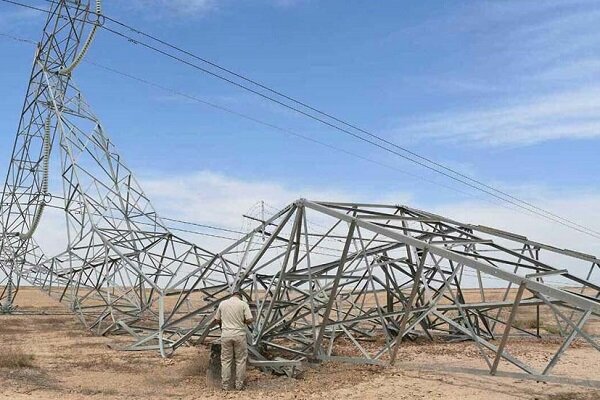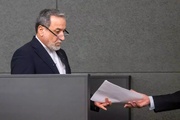The cuts have impacted Baghdad and the southern provinces in particular, a report by Associated Press said.
The AP cited local channels as reporting that the outage was due to the cutting of a major power line – known as a 400 KW – between Baghdad and the southern province of Babylon.
A ministry official said the reason was not immediately known, but that it could have been because the line was overloaded, or an act of sabotage. He spoke on condition of anonymity because he was not authorized to brief the media.
Total shutdowns can occur when Iraq's electricity network is working at maximum capacity. Defects in the transmission network and distribution capacity also contribute to outages. High temperatures can also impact the distribution lines.
Temperatures in Baghdad and other governorates have been soaring above 48 degrees Celsius (118 Fahrenheit) in recent days.
The government declared an official holiday in Baghdad on Thursday due to the scorching heatwave. The last time a nationwide outage was seen was five years ago. The outage struck wealthier neighborhoods of Baghdad, where some residents typically enjoy 24 hours of electricity.
Water pumps, which rely on electricity, stopped working in many areas, impeding access to water. Fatih Birol, executive director of the Paris-based International Energy Agency, said the breakdown in Iraq's electricity grid leaves millions without the power they need to cope with extreme temperatures.
It is noteworthy that Iraq heavily relies on Iran for meeting its domestic demand for electrity. The country has always been the main customer for Iranian power exports. Moreover, Iraqi power plants have been relying on gas imports from Iran for their fuel.
Meanwhile, Baghdad owes a lot of money to Iran in terms of its gas and electricity debts amid the US sanctions that prevent Baghdad from paying back its bills to Iran.
There have been reports of promises made by Saudi Arabia and the United States to invest in Iraq's electricity sector neither of which has been fulfilled yet.
Iraqi officials were also reported in early last month said that the country seeks to build eight nuclear reactors to tackle a crippling power shortage in the oil-rich economy.
KI/PR



























Your Comment